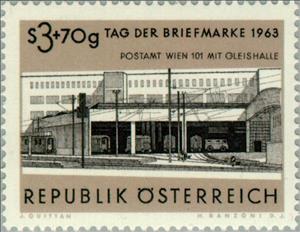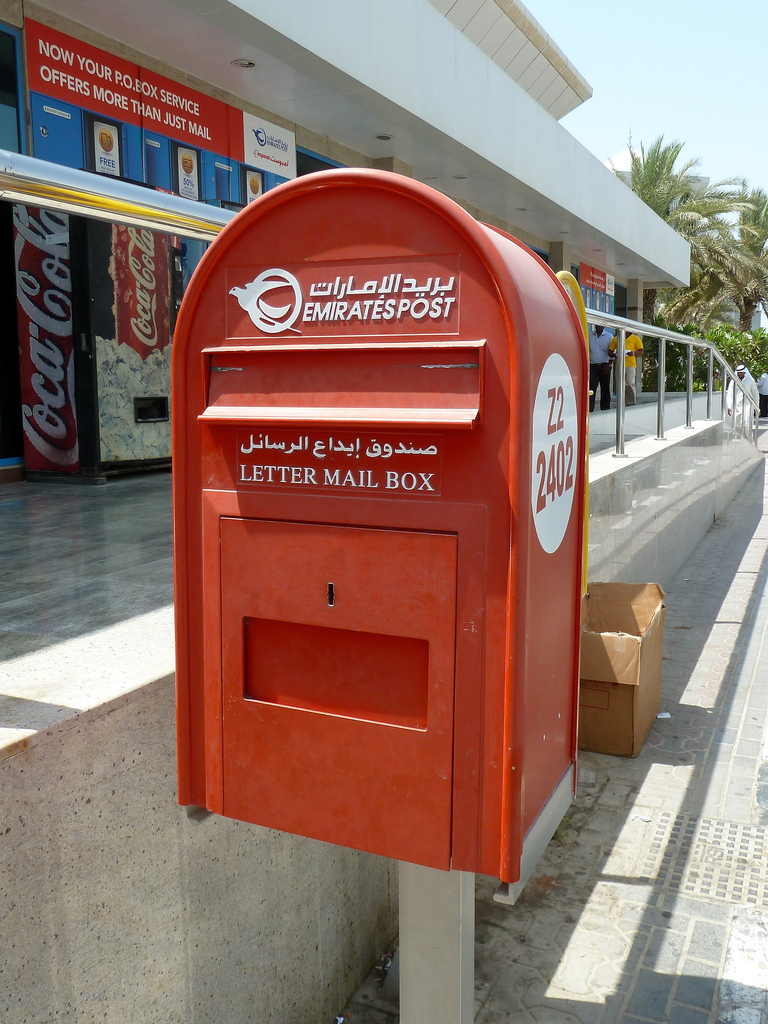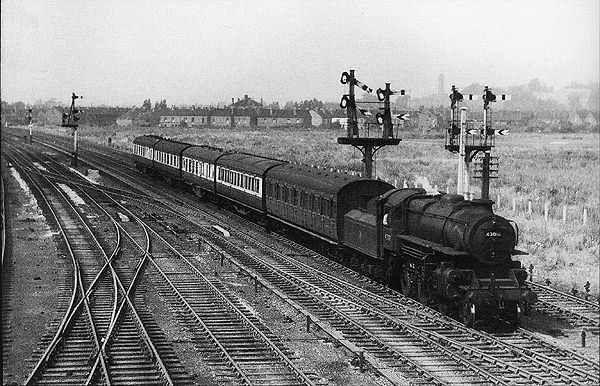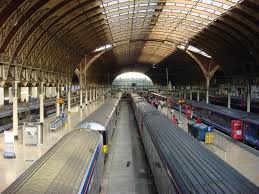Stamp: Post office Vienna 101, West Station & train shed (Austria 1963)
Post office Vienna 101, West Station & train shed (Austria 1963)
29 November (Austria ) within release Stamp Day goes into circulation Stamp Post office Vienna 101, West Station & train shed face value 3+0.70 Austrian schilling
| Stamp Post office Vienna 101, West Station & train shed in catalogues | |
|---|---|
| Michel: | Mi:AT 1144 |
| Yvert et Tellier: | Yt:AT 982 |
Stamp is horizontal format.
Stamp Post office Vienna 101, West Station & train shed it reflects the thematic directions:
The mail or post is a system for physically transporting documents and other small packages; or, the postcards, letters, and parcels themselves. A postal service can be private or public, though many governments place restrictions on private systems. Since the mid-19th century national postal systems have generally been established as government monopolies with a fee on the article prepaid. Proof of payment is often in the form of adhesive postage stamps, but postage meters are also used for bulk mailing. Modern private postal systems are typically distinguished from national postal agencies by the names "courier" or "delivery service". Postal authorities often have functions other than transporting letters. In some countries, a postal, telegraph and telephone (PTT) service oversees the postal system, in addition to telephone and telegraph systems. Some countries' postal systems allow for savings accounts and handle applications for passports.
Philately (/fɪˈlætəli/; fih-LAT-ə-lee) is the study of postage stamps and postal history. It also refers to the collection and appreciation of stamps and other philatelic products.While closely associated with stamp collecting and the study of postage, it is possible to be a philatelist without owning any stamps. For instance, the stamps being studied may be very rare or reside only in museums.
Railways - Transportation system made up of metal rails which is designed to allow trains to maneuver on the tracks from one location to the next.
A metro station or subway station is a train station for a rapid transit system, which as a whole is usually called a "metro" or "subway". A station provides a means for passengers to purchase tickets, board trains, and evacuate the system in the case of an emergency. In the United Kingdom, they are known as underground stations, most commonly used in reference to the London Underground.
A building or edifice is a structure with a roof and walls standing more or less permanently in one place, such as a house or factory. Buildings come in a variety of sizes, shapes and functions, and have been adapted throughout history for a wide number of factors, from building materials available, to weather conditions, to land prices, ground conditions, specific uses and aesthetic reasons. Buildings serve several needs of society – primarily as shelter from weather, security, living space, privacy, to store belongings, and to comfortably live and work. A building as a shelter represents a physical division of the human habitat (a place of comfort and safety) and the outside (a place that at times may be harsh and harmful).





